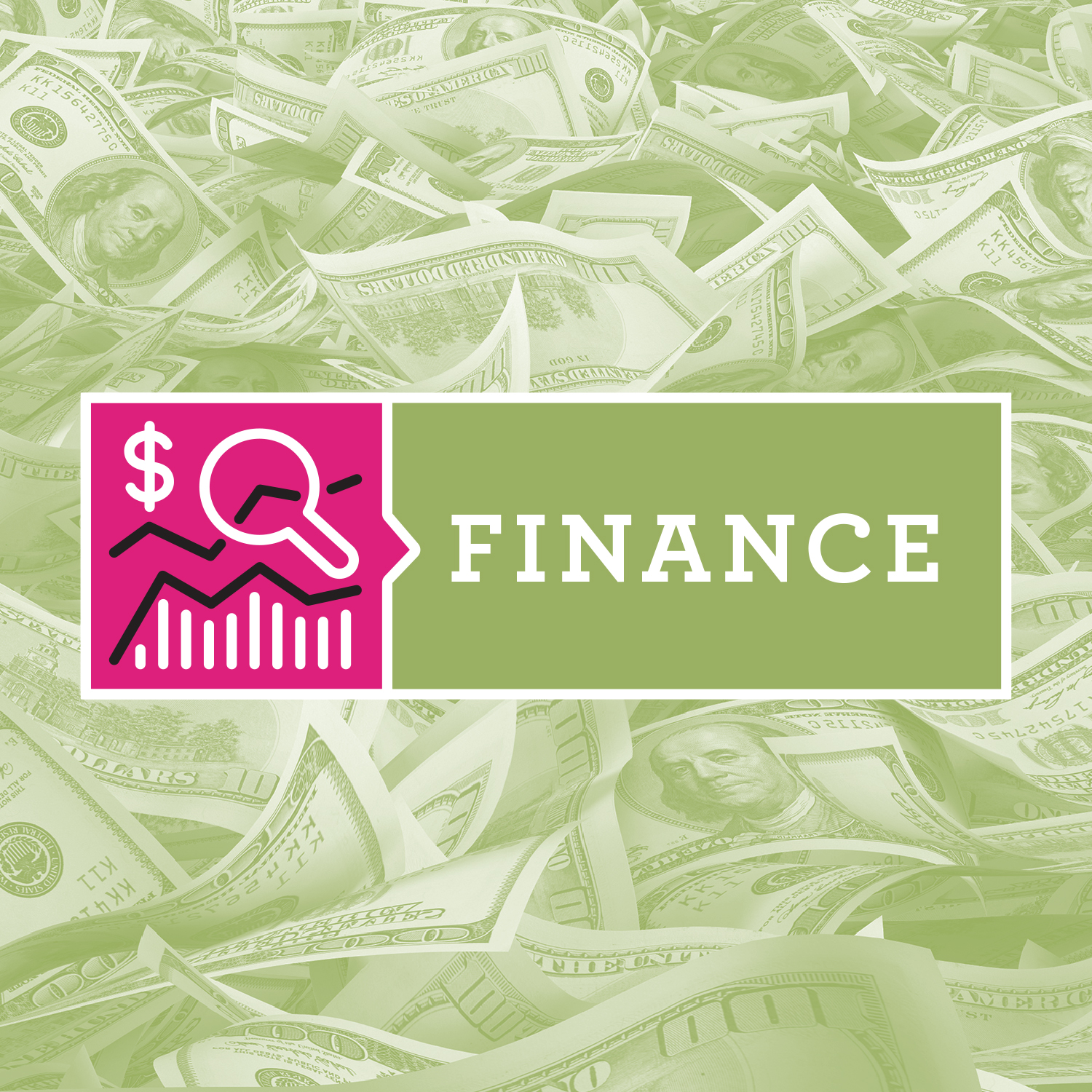
You probably know what a credit score is, but do you know how to protect it? By understanding what affects your score, you can make better decisions that ultimately increase the loan amount for which you qualify. Take a look at our list of credit do’s and don’ts. By Sherri Seiber
You probably know what a credit score is, but do you know how to protect it? By understanding what affects your score, you can make better decisions that ultimately increase the loan amount for which you qualify. Take a look at our list of credit do’s and don’ts.
DO
Check your credit report annually.
Be sure your name, address, loans, and accounts are accurate to help protect against identity theft.Pay back loans on time.
Payment history and total amount owed are 65 percent of your credit score, so paying back loans is important. The more you pay back, the better your score.Pay more than the minimum due.
Paying more than the minimum will reduce your credit-utilization ratio. The less obligation you have, the higher your score.Pay tax bill before presenting a loan.
Paying back what you owe the government is a requirement from lenders. It shows good character, so lenders are more likely to grant you a bigger loan.
DON’T
Close old credit accounts.
Closing available credit accounts will reduce your credit to debt ratio, which will lower your credit score.Co-sign on a loan.
Co-signing means the debt along with late payments and defaults will be on your credit report.Apply for too many lines of credit.
Too many inquiries and accounts opened within a short period is a red flag. Inquiries are considered a hard pull and signal an increased credit risk.Ignore small payments.
The bank views $25 the same as $2,500. Consider setting up a payment plan with the provider and get it in writing, so that they won’t send you into collections.
There’s a lot you can do to keep your credit score healthy, but if it needs repair, it may take time to improve. If time is of the essence, consider a guarantor or a co-signer for your loan.
Typically, banks require a minimum score of 680 for an SBA loan. If you don’t meet this criteria, you should consider other funding options, including 401(k) business funding. Our trusted funding consultants will help you determine your best solution.
– Sherri Seiber
Sherri Seiber is the Chief Operating Officer for FranFund. She and her team are passionate about designing flexible funding plans that help new and experienced business owners fund their franchises, from single units through multi-unit expansions. For more information, contact Sherri at sseiber@franfund.com or visit franfund.com.

